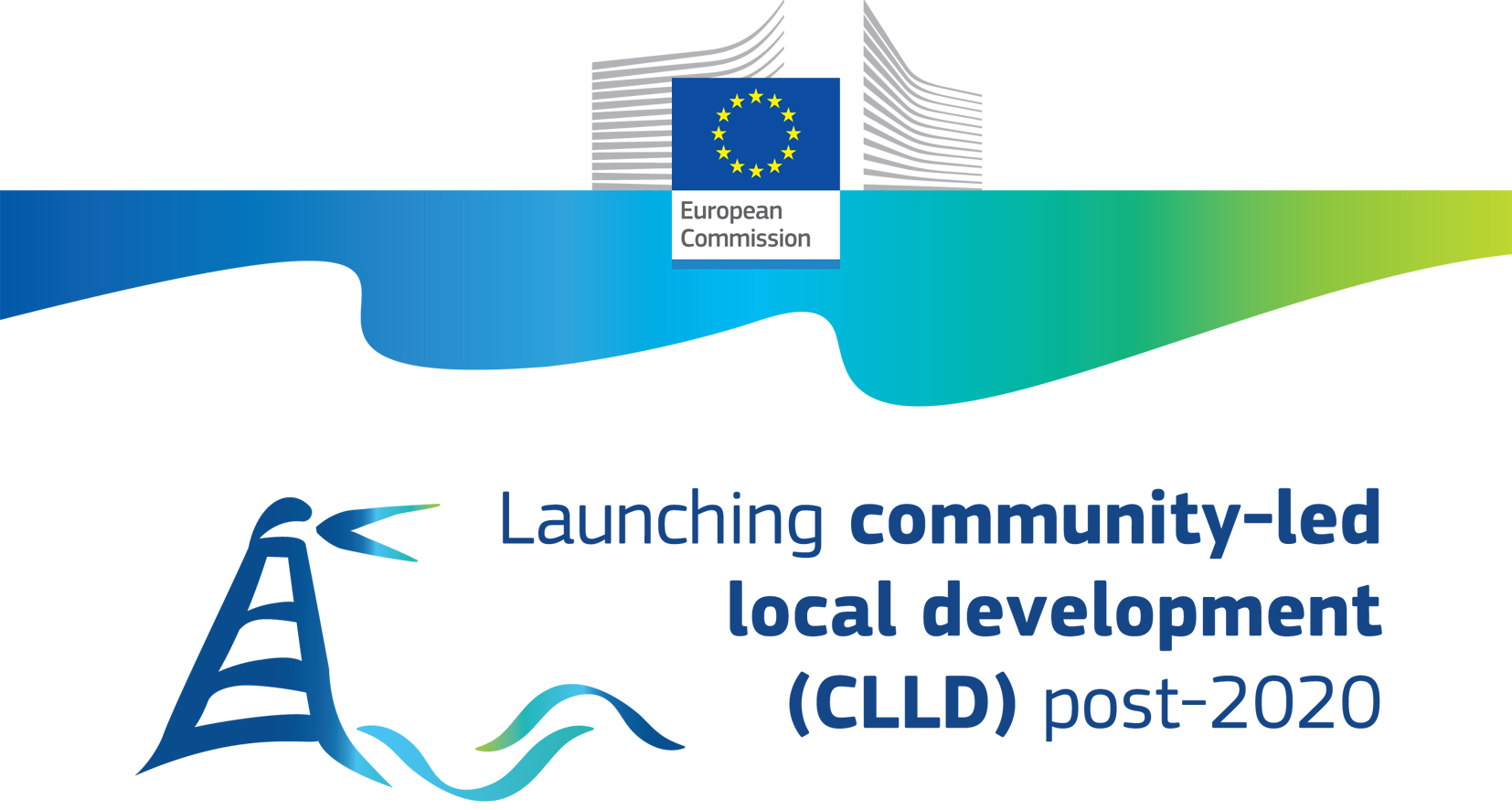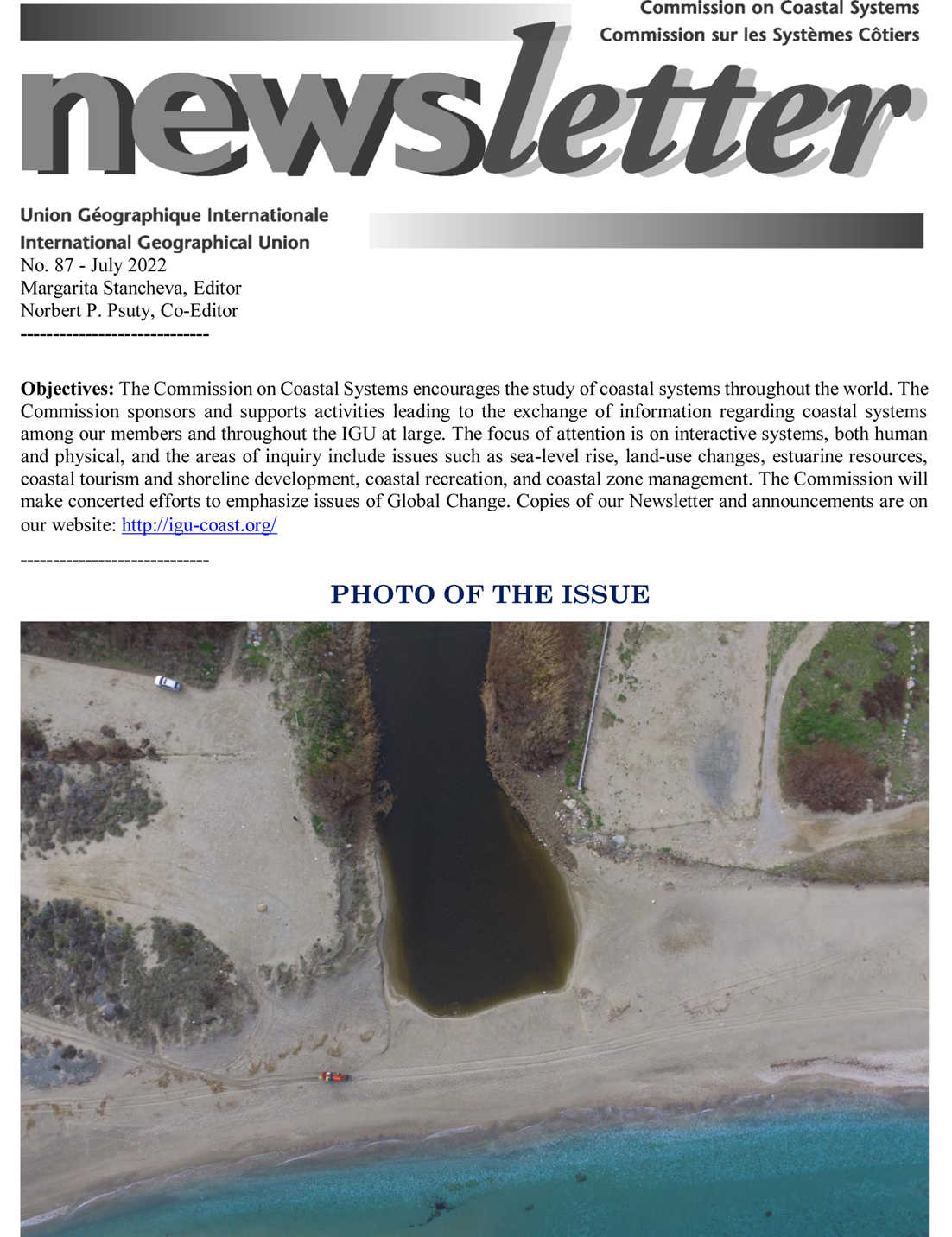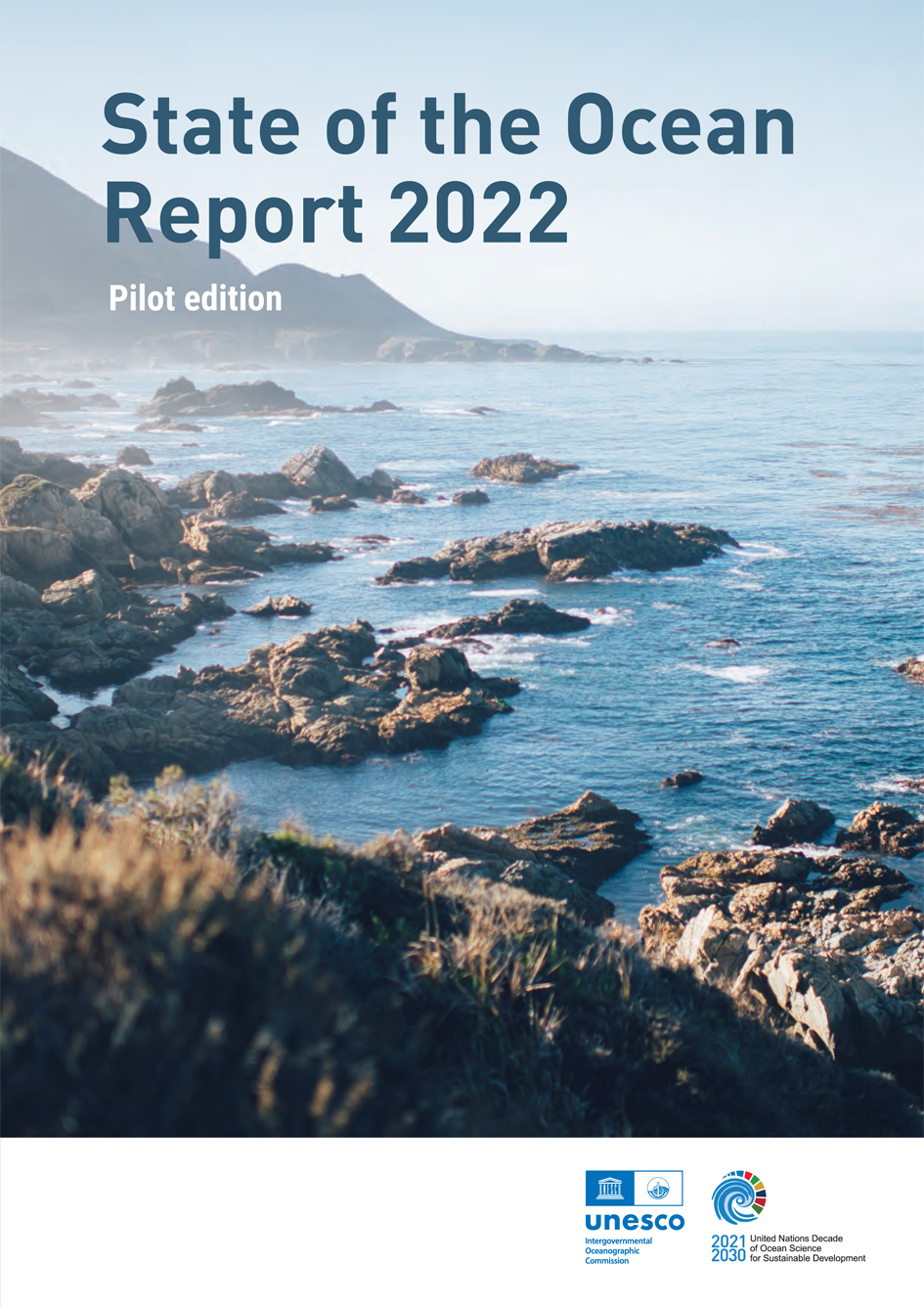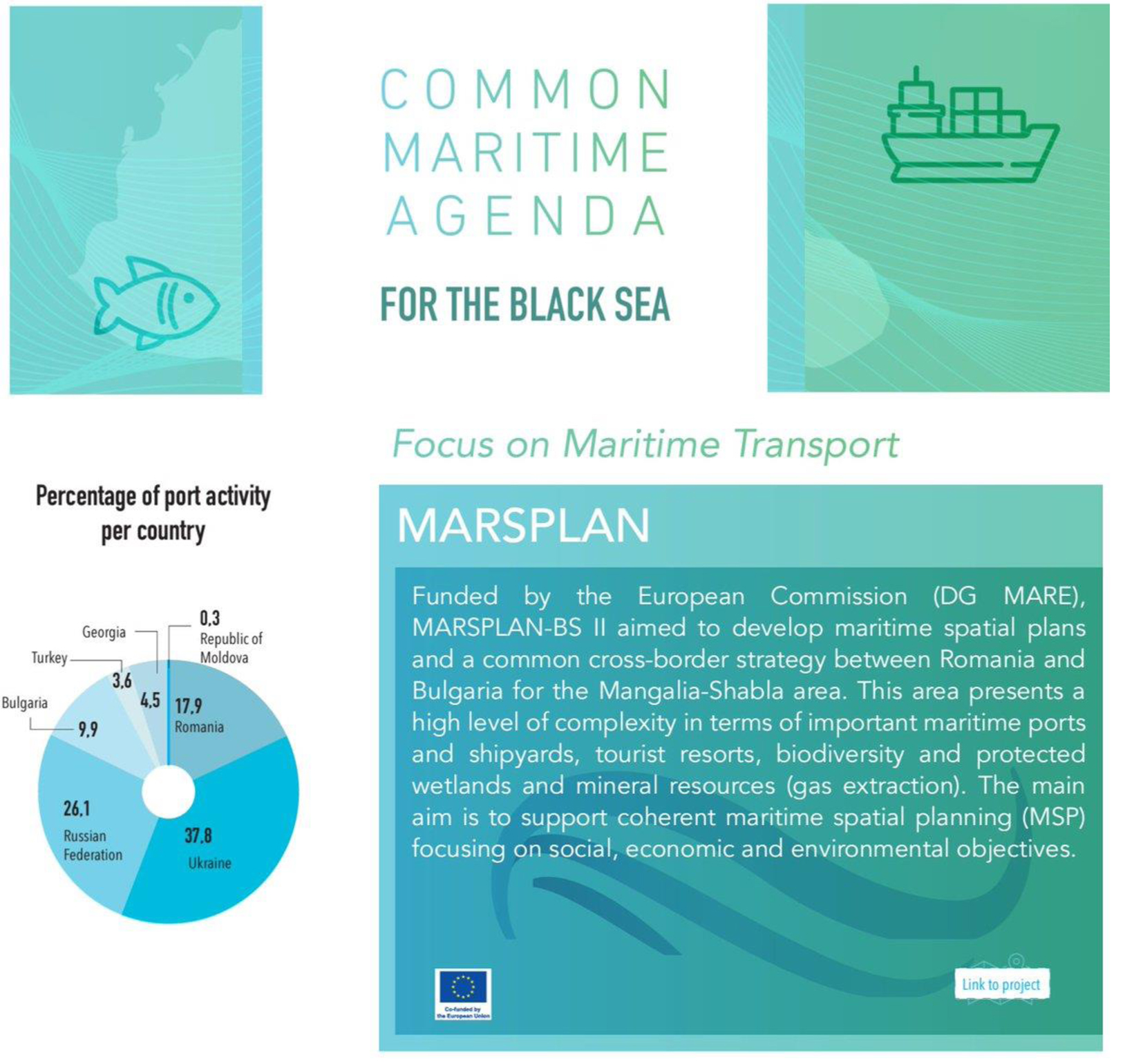News and Events
Launching community-led local development (CLLD) post-2020

The European Commission, Directorate-General for Maritime Affairs and Fisheries (DG MARE) recently published new document: Launching community-led local development (CLLD) post-2020
CLLD or “community-led local development” is a bottom-up approach to socio-economic development that brings local people together to decide how they want to improve their area. They do so by setting up partnerships of civil society, businesses and public bodies, called Local Action Groups (LAGs) or, in the fisheries context, often called fisheries LAGs or “FLAGs”.
In 2014-2020, under the European Maritime and Fisheries Fund, CLLD was applied as an effective approach to addressing a range of challenges facing fisheries and aquaculture communities across the EU. Under the European Maritime, Fisheries and Aquaculture Fund (EMFAF), 2021-2027, coastal areas once again have the opportunity to launch – or re-launch – CLLD.
Read the full document here!
Originally published by the European Commission's Directorate General for Maritime Affairs and Fisheries: https://oceans-and-fisheries.ec.europa.eu/index_en.
CCS July 2022 Newsletter published and ready for read!

The Commission on Coastal Systems (CCS) to the International Geographical Union (IGU) is delighted to inspire you with July 2022 Newsletter: you can discover the latest news, CCS recent and upcoming activities, meetings and collaborations by following the CCS website: http://igu-coast.org/
The CCS Newsletter is issued twice a year and highlights the activities of the Commission on Coastal Systems and its members all across the world. If you would like to join CCS network, you only need to fill out the form at the end of the Newsletter or to get in contact with CCS!
Enjoy the content of CCS July 2022 Newsletter and participate by sharing information and disseminating it to your wide networks and interested readers. Please visit CCS website, join CCS coastal community, and share your exciting ideas and outcomes with CCS.
Commission on Coastal Systems, International Geographical Union
UNESCO launches new State of the Ocean Report to monitor progress in meeting global goals

United Nations Educational, Scientific and Cultural Organization (UNESCO) launched a new flagship report entitled “State of the Ocean Report”, offering a brief, accessible, one-stop overview of the current state of the ocean, and to mobilize global society to act - and monitor progress - towards global goals.
This pilot edition of the State of the Ocean Report (StOR) was proposed and developed to demonstrate the feasibility of keeping the world up to date on the current state of the ocean. It is intended as complementary to other assessments such as the World Ocean Assessment and the reports of the Intergovernmental Panel on Climate Change (IPCC) and the Intergovernmental Science-Policy Platform on Biodiversity and Ecosystem Services (IPBES).
Read more: UNESCO launches new State of the Ocean Report to monitor progress in meeting global goals
MARSPLAN-BS II EXAMPLE IN THE LATEST CMA FACTSHEET FOR THE BLACK SEA

Maritime Transport is the focus of the latest CMA factsheet for the Black Sea and MARSPLAN-BS II is pointed as one of the important projects that supports Maritime Transport in the Black Sea. Sea transport is a key for Maritime Spatial Planning (MSP).
The Black Sea is a maritime space to plan and transform. The region is an important crossroads through which many goods transit, and furthermore an economic area with high potential for blue growth. The Black Sea region accounts for more than 34% of natural gas and oil imports to the EU; these are mostly produced onshore but recently there has also been development in offshore areas, i.e., 8% of Romania’s overall production is offshore crude.
Funded by the European Maritime and Fisheries Fund (EMFF) via the European Commission` DG MARE and EASME/CINEA, MARSPLAN-BS II aimed to develop maritime spatial plans and a common cross-border strategy for Bulgaria and Romania. Follow the main results on the project website: http://www.marsplan.ro/en/
Read the CMA factsheet here!
Originally published by the Black Sea Assistance Mechanism@EU_BlackSeaAM
